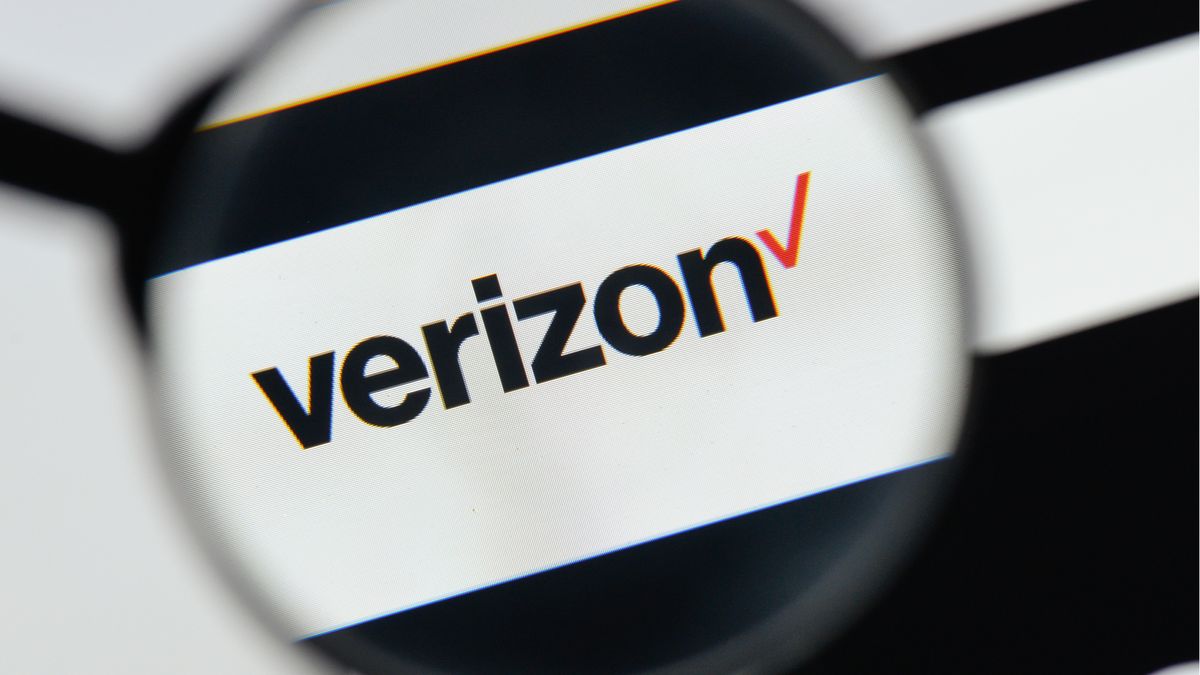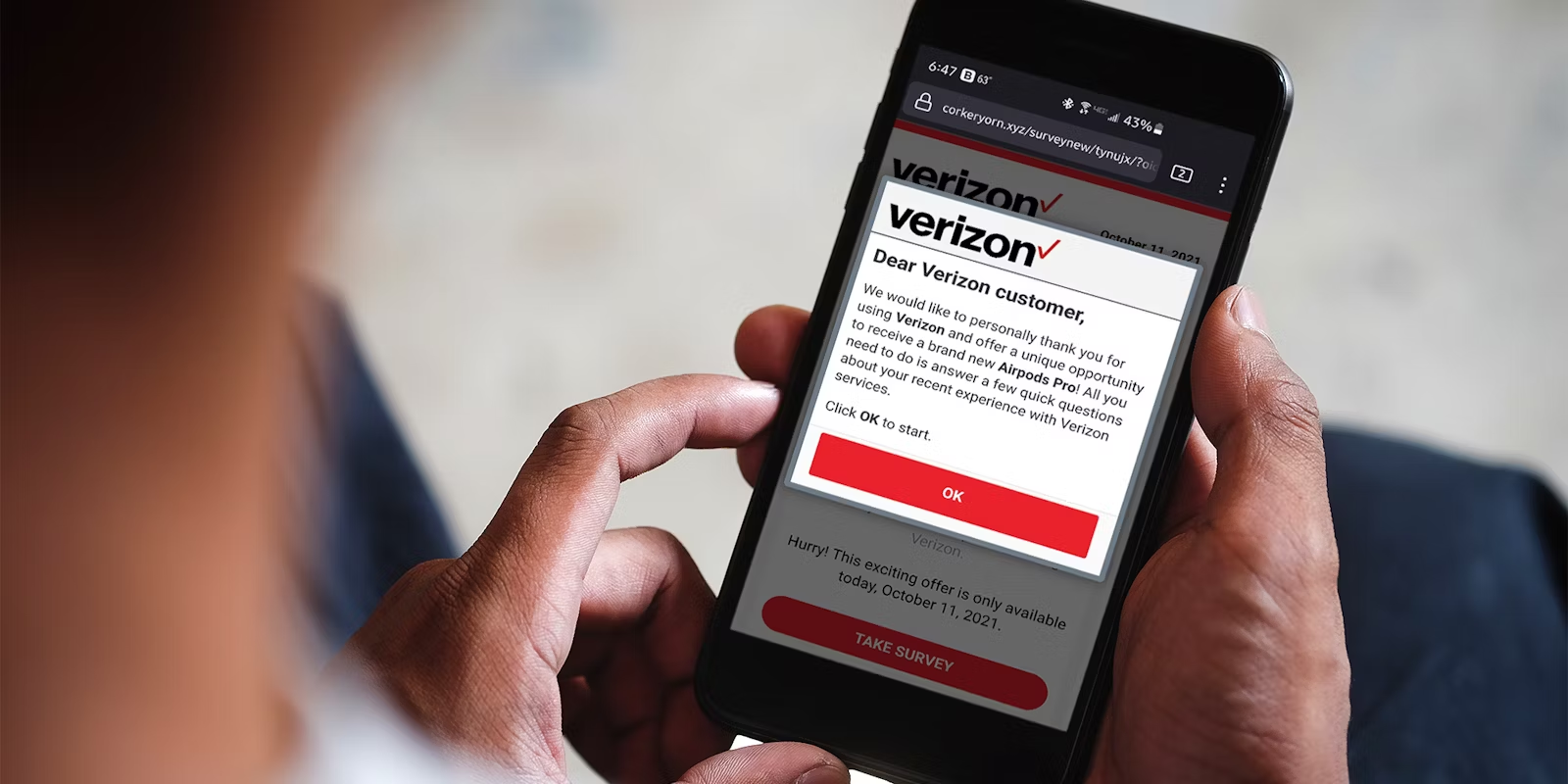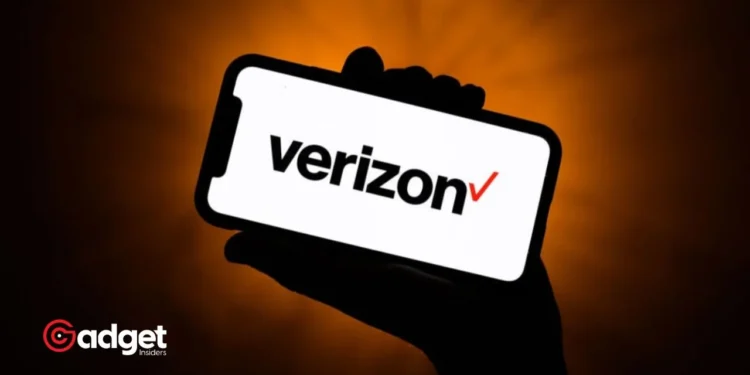In an age where digital safeguards are more crucial than ever, a cunning phishing campaign has surfaced, specifically targeting Verizon subscribers. With the increasing sophistication of online scams, even the savviest internet users can find themselves at risk if they’re not cautious. The current phishing attempt, identified by cybersecurity experts at Fortra, underscores the ongoing battle against cybercriminals looking to exploit everyday communications.

The Ingenious Deception: How the Scam Works
According to Fortra, this phishing campaign cleverly bypasses spam filters by employing the private email service 33mail.com, which conceals the scammer’s real email address. Those targeted by this scam receive emails that superficially appear legitimate. However, a closer examination reveals several red flags that are characteristic of phishing attempts.
Key Indicators of the Phishing Email:
- Sender’s Email: [email protected]
- Reply-to Address: [email protected]
- Sender’s Name: [email protected]
- Sender’s Website: surveymonkeyuser.com
- Redirect Link: A dubious link that seems to redirect to a Prezi presentation but leads to a fake site designed to mimic an Office 365 login page.
The mismatch between the sender’s name and email address is a clear giveaway of foul play. Upon clicking the provided link (which is strongly advised against), individuals are redirected to a Google Sites page that poses as a Microsoft 365 sign-in portal—a common tactic used by phishers to harvest login credentials.
I just got a @verizon phishing scam with a link that asked for my number and pin, from +90 (007) 000 39 91 pic.twitter.com/g8kn28Uy54
— Drunk_ (@Drunk_) January 7, 2017
The Art of Recognizing Phishing Attempts
Recognizing such scams involves scrutinizing the authenticity of every email, especially those that demand immediate action or contain links and attachments. For Verizon customers, being aware of the typical signs of a phishing attempt can be the key to preventing unauthorized access to personal and sensitive information.

Here are a few tips to help identify and avoid falling victim to such scams:
- Email Discrepancies: Look for inconsistencies in email addresses, links, and the sender’s details.
- Unsolicited Requests: Be wary of unexpected emails that request personal information or direct you to websites asking for credentials.
- Quality of Communication: Poorly written emails with grammatical errors are often indicative of phishing attempts.
Stay Vigilant Against Verizon Phishing Scam
While this Verizon-targeted phishing scam may not be the most sophisticated, its existence is a critical reminder of the need for vigilance. Subscribers are advised to ignore emails from unknown or suspicious sources, and never input personal information into unverified websites.
Being informed is your first line of defense against cyber threats. Stay updated on the latest security practices and engage with reputable cybersecurity news sources to keep your digital life secure.
In conclusion, while no one is immune to the threat of online scams, education and awareness continue to be powerful tools in safeguarding against cybercriminals. Verizon customers, in particular, should remain alert and cautious, ensuring they verify the legitimacy of any communication before responding.










